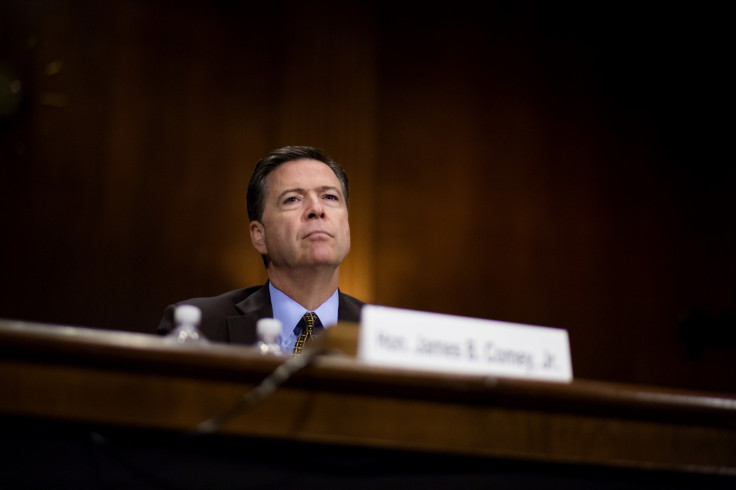Former FBI Chief James Comey declines to testify before Senate
President Trump said he would release 'tapes' of their conversations if Comey 'leaked to the press'.
Former FBI Director James Comey, whose hugely controversial dismissal this week sent shock waves around the world, on Friday (12 May) declined an invitation from the Senate Intelligence Committee to testify in a closed session.
US President Donald Trump summarily fired Comey on Tuesday night in an act that has left a muddled White House seemingly confused about their own narrative of the event.
On Friday morning, Trump threateningly tweeted that Comey had "better hope that there are no 'tapes' of our conversations before he starts leaking to the press!" Asked during the daily press briefing, White House Press Secretary Sean Spicer would not say whether Trump recorded Oval Office conversations.
The timing of Comey's firing has also raised questions, especially after reports that days earlier Comey had asked Deputy Attorney General Rod Rosenstein for more resources for the the bureau's investigation into Russian interference in the 2016 presidential election.
A critical letter from Rosenstein was then cited as a recommendation in the president's letter dismissing Comey. The White House claimed that Trump sought guidance from the Department of Justice on what to do with Comey, but Trump himself then said in an interview that he would have fired Comey "regardless" for being him a "showboat".
The White House also said that Comey was unpopular within the FBI and attempted to downplay the significance of the Russia investigation - two things that were contradicted by Comey's replacement, Acting FBI Director Andrew McCabe, when he told a Senate committee that Comey had "broad support" and that the investigation was "highly significant".

© Copyright IBTimes 2025. All rights reserved.






















